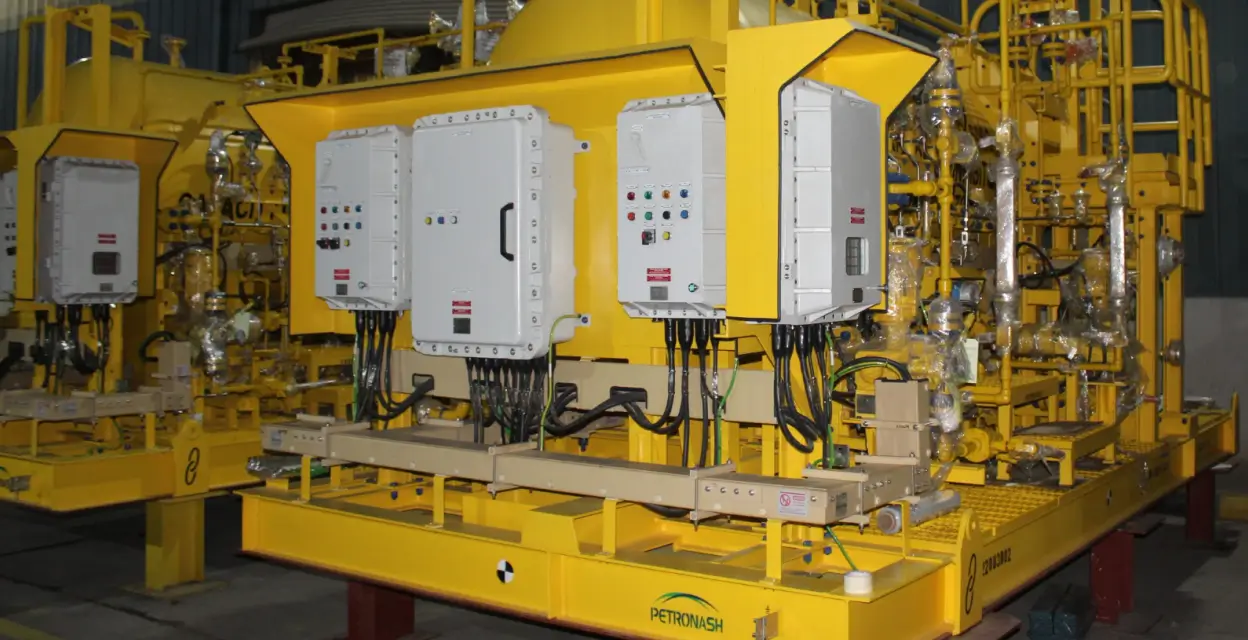As the energy sector continues to evolve, chemical injection systems are becoming increasingly vital in optimizing production processes and enhancing operational efficiency. These systems play a crucial role in various applications, from maintaining flow assurance to preventing corrosion in oil and gas operations. This article explores the latest advancements in chemical injection systems and their applications, highlighting how these innovations can benefit energy projects.
Understanding Chemical Injection Systems
Chemical injection systems are designed to introduce specialized chemicals into oil and gas flow streams or reservoirs to perform specific functions. These systems are essential for improving production efficiency, reducing equipment wear, and mitigating operational challenges. By injecting chemicals such as corrosion inhibitors, demulsifiers, and scale inhibitors, companies can enhance the performance of their production systems and ensure the longevity of their equipment.
Recent Innovations in Chemical Injection Systems
- Smart Chemical Injection Technology
The integration of smart technologies in chemical injection systems allows for real- time monitoring and control. Advanced sensors and data analytics enable operators to adjust chemical dosing based on actual flow conditions, ensuring optimal performance. This innovation not only improves efficiency but also reduces chemical waste and operational costs. - Modular Chemical Injection Packages
Modular designs are gaining popularity in chemical injection systems, allowing for easy customization and scalability. These packages can be tailored to meet specific project requirements and can be easily integrated into existing infrastructure.Modular systems also simplify maintenance and reduce installation time, making them an attractive option for operators. - Enhanced Safety Features
Safety is a paramount concern in chemical injection operations. Recent advancements include the development of double-diaphragm pumps and leak detection systems that enhance safety during chemical handling. These features minimize the risk of chemical spills and ensure compliance with environmental regulations, protecting both personnel and the environment. - Eco-Friendly Chemical Solutions
The demand for sustainable practices in the energy sector has led to the development of eco-friendly chemical solutions. Biodegradable and less toxic chemicals are being formulated to reduce environmental impact while maintaining effectiveness. This shift not only aligns with regulatory requirements but also appeals to environmentally conscious clients. - Advanced Metering Technologies
Innovations in metering technologies, such as variable eccentric drives and dynamic stiffness diaphragm pumps, have improved the accuracy and reliability of chemical dosing. These advancements ensure that chemicals are injected at the correct rates and pressures, optimizing production processes and minimizing operational disruptions.
Applications of Chemical Injection Systems in Energy Projects
- Flow Assurance
Chemical injection systems are crucial for maintaining flow assurance in oil and gas operations. By injecting inhibitors that prevent the formation of hydrates, waxes, and scales, operators can avoid blockages and ensure continuous production. This application is especially important in offshore operations where flow assurance challenges are more pronounced. - Enhanced Oil Recovery (EOR)
In EOR applications, chemical injection systems are used to improve the recovery of oil from reservoirs. Chemicals such as surfactants and polymers can be injected to increase the viscosity of the reservoir fluids, enhancing oil displacement and improving overall recovery rates. - Corrosion Prevention
Corrosion is a significant concern in oil and gas operations, leading to costly downtime and equipment failures. Chemical injection systems that deliver corrosion inhibitors help protect pipelines and equipment from deterioration, extending their lifespan and reducing maintenance costs. - Produced Water Treatment
Chemical injection systems are employed in the treatment of produced water to separate oil, water, and solids effectively. By using demulsifiers and flocculants, operators can enhance the efficiency of separation processes, ensuring compliance with environmental discharge regulations. - Chemical Cleaning
Periodic chemical cleaning of production systems is essential to maintain efficiency. Chemical injection systems can be used to deliver cleaning agents that remove deposits and fouling, improving flow rates and overall system performance.
Conclusion
The future of chemical injection systems in the energy sector is bright, with continuous innovations enhancing their effectiveness and applications. As companies strive for greater efficiency and sustainability, these systems will play a crucial role in optimizing production processes and mitigating operational challenges. By investing in advanced chemical injection technologies, energy operators can improve their operational performance, reduce costs, and contribute to a more sustainable energy future.
 Back To Blogs
Back To Blogs

